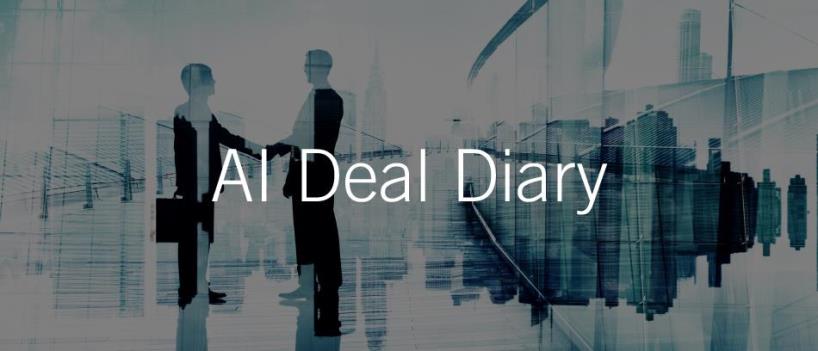
Nearly a third of employees have little understanding of how to use AI and data and less than one in ten have received training on AI tools in the past 12 months
HR leaders report that recruiting AI and data skills will be their topmost technical skills priorities in 2024, as the AI revolution sweeps the nation’s workplaces. The new research, commissioned by Corndel, the strategic workplace training provider, polled 250 HR decision makers at large organisations and 1,000 UK employees*.
The biggest technical skills recruitment drive in the next 12 months will be for artificial intelligence (AI) and machine learning (ML) engineers, with three fifths (61%) of HR decision makers saying these are the technical skills their organisation will prioritise most in 2024.
The research also found that HR leaders and their teams will be looking to recruit cybersecurity specialists (60%), data scientists (59%), business analysts (56%), and software engineers (56%).
Today’s employees lack training in AI, data and digital technologies
While there is a focus on recruiting technical skills in this area, many employees report that they haven’t received training on how to use these new technologies. A worrying 43% of UK staff haven’t been provided workplace training for any digital tools or new technologies in the past year. Less than one in ten (9%) employees said they had received training on AI tools, such as ChatGPT, in the past 12 months and 10% haven’t had training on how to use data analytics tools, such as Tableau or advanced Excel.
Today’s AI and data skills gap
The rapid evolution of AI and new data technologies are fuelling innovations that can boost business growth, but it is also leaving many organisations struggling to keep up. Nearly half of HR leaders (46%) say navigating the impact of technological change on job roles is a key challenge when attracting new employees in today’s market. Furthermore, HR leaders believe that nearly a third (31%) of employees have little or no understanding of the right and wrong ways to use AI and handle data in their role.
Harnessing the power of AI while addressing the risks
Despite the challenges, many businesses want to embrace transformation. All HR leaders polled confirmed their organisation will focus on addressing the potential risks of AI. 60% of HR leaders say their business has either started to integrate AI technology into the workplace (11%) or is fully prepared to start integrating AI (48%), while less than one in ten (9%) say their organisation is unprepared for integrating AI technology into the business.
However, less than half of businesses have implemented ethical guidelines for AI development and deployment (42%), consulted with experts on AI ethics (44%) or put in place staff training programmes about AI ethics (48%).
James Kelly, co-founder and CEO of Corndel, said: “AI is no longer just a buzzword. The launch of tools like ChatGPT, Bard and Copilot don’t just foster efficiency and convenience; what we’re experiencing is an enormous shift that’s transforming the way we work, demand new skills, and create new roles. Businesses need to get on the front foot by both recruiting new skills and investing in upskilling existing employees to shape a skilled, informed and strategic workforce equipped for an AI-driven world.”
Corndel launches AI learning modules for all of its workplace training programmes
To help businesses meet this rapidly-increasing requirement to future-proof their workforce, embrace innovation and retain a competitive edge, Corndel is launching its new ‘AI Fundamentals’ learning course, which will be embedded across all of Corndel’s leadership, data and tech programmes, at all levels from early talent to leadership, starting from 26th February 2024.
This course is designed to be accessible to all employees, no matter where they are in their career, and is designed to empower and elevate professionals in an evolving and complex AI landscape. The course modules provide foundational knowledge of AI, its mechanisms and its potential, as well as ethical considerations and practical applications of AI tailored to each professional sector, ensuring learners can navigate the AI-powered future with confidence and responsibility.
James Kelly added: “Future-facing organisations recognise the critical need for their teams to possess a combination of both ‘human’ and profession-specific skills and AI and data skills in order to retain their competitive edge. The addition of ‘AI Fundamentals’ to all of Corndel’s programmes will strategically support businesses in ensuring their employees have the knowledge to maximise the opportunities and safeguard against the risks associated with the roll-out of AI tools in the workplace.”




















